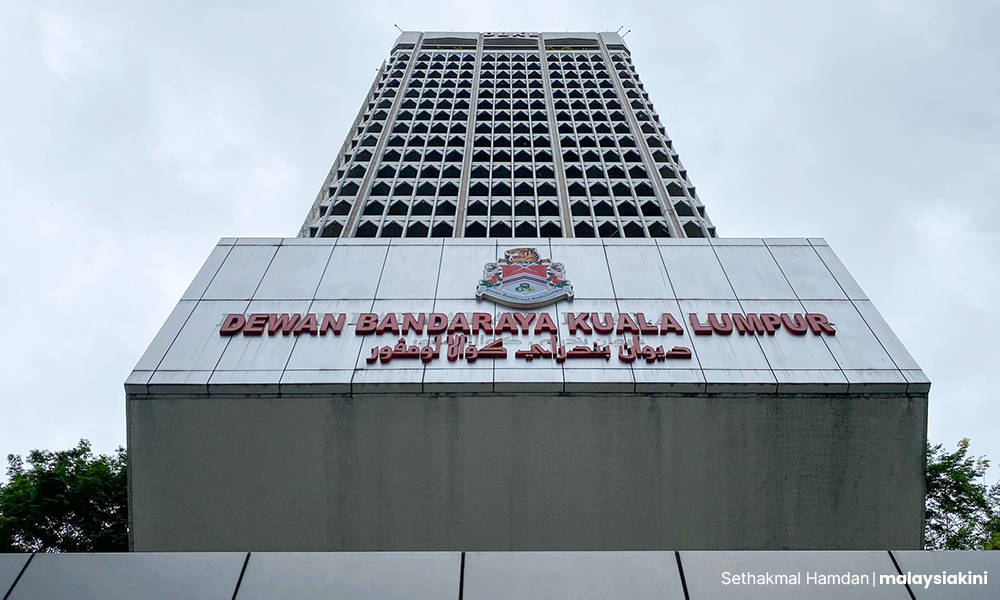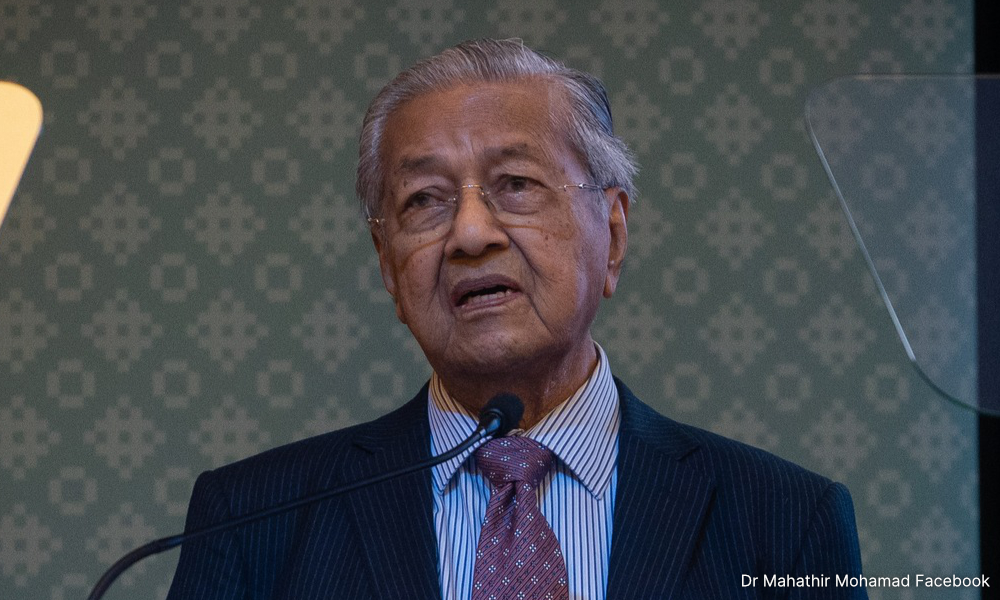Tourism, Arts and Culture Minister Tiong King Sing said he is receiving questions from foreign tourists on whether Malaysia is a racist or religiously extreme nation following Kuala Lumpur City Hall’s (DBKL) raid on several premises in the nation’s capital.
This comes after the city council launched a large-scale operation raiding premises allegedly having erected illegal signages.
"Such doubts directly impact Malaysia’s attractiveness as a travel destination and undermine its global competitiveness.
"Moreover, as Malaysia prepares to chair Asean in 2025, with a series of meetings scheduled next year, this is an opportunity to showcase the country’s diversity and inclusiveness on the global stage.
"However, I must warn that continued racial or religious controversies risk eroding international trust and cooperation, potentially undermining the Visit Malaysia Year 2026 campaign,” he said in a statement today.
On Nov 21, China Press reported DBKL launching a large-scale operation targeting signages not displaying Malay language across various areas, including Segambut, Pudu, and Jalan Silang in the city centre.
The operation involved DBKL’s enforcement and licensing teams, along with officers from Dewan Bahasa dan Pustaka and the police.
Business owners had been notified in advance before any removal action was taken, the report said.
A day later, Bukit Bintang MP Fong Kui Lun expressed concerns over the matter, describing the crackdown as overly hasty and disruptive, especially in a multicultural and international city like Kuala Lumpur.

Fong also called on DBKL to halt its excessive enforcement actions temporarily and proposed engaging with all Kuala Lumpur lawmakers to discuss better solutions.
He warned that excessive enforcement disrupts businesses and could negatively impact the city’s economy, particularly its tourism sector.
It should be noted that last Monday, former prime minister Dr Mahathir Mohamad complained about signboards in a shopping complex for having the Chinese language with English translations, but nothing in Malay.
However, DBKL advisory board member Andre Lai Chen Heng denied the enforcement was influenced by any political figure, adding the DBKL operation targeted all illegal signage, not just those with the Chinese language.
Can’t afford bad press
On that note, Tiong urged every quarter to halt raising racial and religious issues as it could damage Malaysia’s image as a diverse and multicultural nation, ultimately hindering the country’s economic growth.
He emphasised that as a multicultural country, Malaysia cannot afford to create a negative image in the international arena.
As for the signboards, Tiong stressed that bilingual signboards not only reflect Malaysia’s international friendliness but also form a core element of its cultural appeal.
"By embracing and promoting this diversity, Malaysia can transform its multicultural heritage into an economic advantage, contributing to national growth,” he noted.

Tiong then urged DBKL to collaborate with the Visit Malaysia Year 2026 campaign by enhancing the city’s infrastructure and creating more attractions to offer tourists unique and exciting experiences in Kuala Lumpur.
"Rather than projecting an authoritarian and regressive image, DBKL should embody the cosmopolitan and open spirit of the capital city.
"Multiculturalism is not a weakness but a competitive strength.
“By rejecting narrow-minded thinking and avoiding overemphasis on racial and religious issues, Malaysia can create a brighter future, unite its people, and move forward together as a nation."
Bin outdated views
Responding to Mahathir, Tiong questioned whether the former was genuine in foresting national unity and bolstering economic growth over his long tenure as premier.

"While he served as the fourth prime minister for 22 years, his return as the seventh prime minister was brief. Rather than clinging to outdated attitudes, shouldn't Mahathir reflect on his own weaknesses?
"As a statesman, Mahathir should support and collaborate with the new generation to ensure stable national development instead of holding onto outdated attitudes.
"In recent years, all we have heard are unconstructive remarks rather than contributions to economic growth or social harmony,” he added. - Mkini

No comments:
Post a Comment
Note: Only a member of this blog may post a comment.